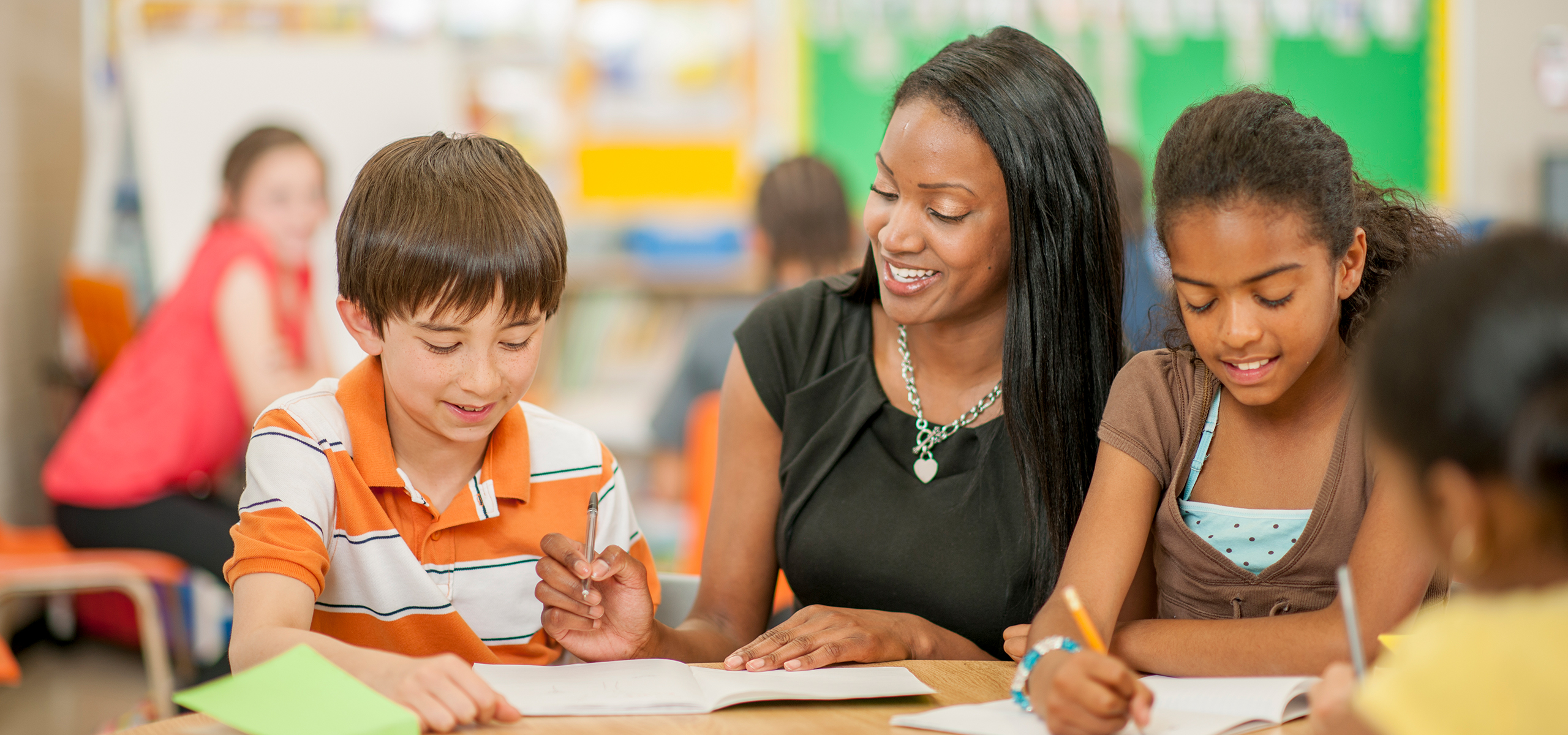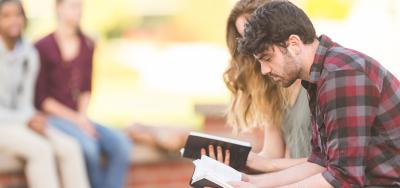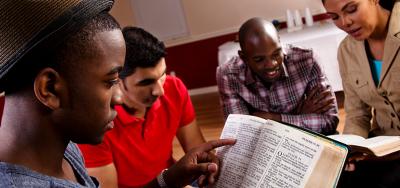Welcoming Different Abilities

Every year of teaching fourth graders has brought a group of children with differing abilities. Some could sit still for fifteen minutes at a time; others seemed to continually bounce. Some were eager to read out loud; others almost never wanted to try. Some had an opinion about any question I brought up, while others looked like deer in the headlights if I asked what they thought. Judging by abilities (and personalities), I’ve probably had future artists, musicians, teachers, writers, sports stars, politicians, and maybe preachers in my room.
Welcoming these differing abilities and trying to connect with each student brought its challenges for me as a teacher. I tried right at the beginning of each year to find out what individual students liked and what they thought they were good at. It helped me to know the students better and to plan for learning.
Once in a while a student would come who had significantly different abilities from the rest of my students. Often this student had a “buddy” who accompanied him or her on a Sunday. These children had special needs because of these different abilities.
One year a girl joined us who was in a wheelchair. She had cerebral palsy. I would smile at her and greet her as she came in. Sometimes she would bless me with a return smile. I’m not sure what she got out of the lessons, but if I could draw out her smile, I felt I had connected. She
would make noises in the middle of my teaching, and at first the other children would laugh. But we all learned to welcome her for who she was.
Another year a boy with high-functioning autism joined the class. He quite possibly was smarter than the rest of us. He often wore sound mufflers on his head to keep down the noise that disturbed him. I would talk with him when he arrived, often earlier than the others. He might or might not carry on a conversation with me. During the session, however, he might make a comment that was spot on.
I’m not sure how well I did in including these special children. I tried not to ignore them, and I tried not to demand what they couldn’t give. Often I had to remind the other students that these friends of ours were doing the best they could.
I guess what I’m saying is that it wasn’t always easy to teach in these situations. I can get distracted and lose my train of thought when there are interruptions. But it was a growing experience for me and for my class, and I’m thankful to God for the opportunity to try to help children with different abilities feel welcome.
After all, don’t all of us have the special need to feel acceptance, belonging, and welcome—regardless of our abilities?
By Kathleen Buehler

















Comments